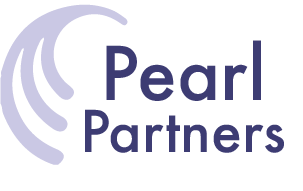Of course your company isn't running a casino on purpose. But is it running one accidentally? You can tell based on its approach to innovation investment.
Does your company solicit new ideas for products and technologies in a more random fashion, investing in those that either can be executed with current resources, or do not pose much risk to the status quo? Do people know the success criteria for a breakthrough idea? In other words, is there a way to tell if a new offering with no current benchmarks is likely to succeed? Usually the answer is no.
Does this sound familiar? If it does, then your company probably casts a wide net in terms of investing in innovation. Since most ideas are likely to fail, it's better to invest in more, and more varied, options to hedge your bets. Notice I said bets, because that's exactly what the organization is doing. The innovation process is essentially providing a mechanism to place bets knowing that most will lose, and hoping that the one(s) that succeed will cover the losses. Isn't that what happens in a casino? It provides a place for people to come and place many bets, hoping that a few wins will cover the losses.
On the other hand, does your company understand its market, define new opportunities to better meet the market's needs, and develop technologies that enable new products and services to satisfy those opportunities? This may not be nearly as sexy an option at first glance, however it does provide a way to tell if radical new ideas have a chance of succeeding before investin in their development. The chance of failure in developing something truly new and different is greatly mitigated. This is the difference between investing and betting.
In a real casino, the house always wins when most bets are lost. In a real company, the only way the house always wins is to ensure success. So why are most companies pursuing the casino model?
